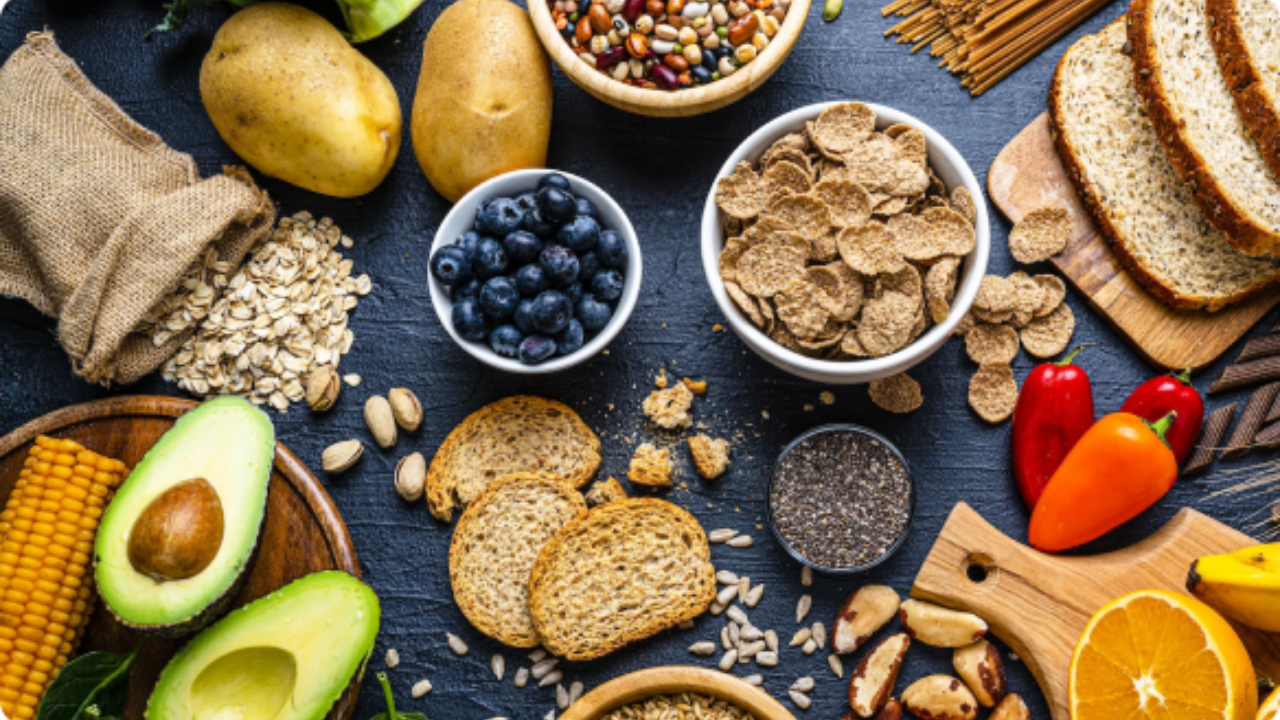Why Your Old Diet Isn’t Working in Menopause — and What to Do Instead
Jul 24, 2024
You’re eating clean, tracking your food, maybe even working out harder than ever — and still, the scale won’t move.
Your clothes fit differently, your energy crashes by mid-afternoon, and you wake up feeling like your body just doesn’t trust you anymore.
If that sounds familiar, you’re not alone — and you’re definitely not broken.
The truth is, once you hit perimenopause or menopause, your body’s entire operating system shifts.
Estrogen drops, cortisol rises, insulin becomes less sensitive — and that hormonal cocktail changes how your body burns, stores, and uses energy.
So even when you’re “doing everything right,” your metabolism is playing by new rules.
So what can you do?
You don’t need another diet or harder workouts — you need a plan that’s built for the season your body is in now.
When you start supporting your hormones, metabolism, and gut health instead of fighting them, everything changes:
-
The scale finally starts to move again.
-
You wake up with steady energy.
-
You feel clear, calm, and confident in your own body again.
It’s not about restriction — it’s about realignment.
Even if you’re using medications like Ozempic, Wegovy, or other GLP-1s, nutrition still matters more than ever.
These medications can help regulate appetite, but they don’t repair your metabolism or balance your hormones on their own.
Without the right nutrition — especially enough protein, fiber, and nutrients that support your gut and liver — your body can lose muscle, slow its metabolism, and struggle to maintain results once the medication stops.
When you fuel your body strategically, GLP-1s become a bridge — not a crutch — to long-term hormonal and metabolic health.
💜 Ready to see what that looks like for you?
Book a complimentary consultation and let’s uncover what your body’s been trying to tell you all along.
Lorem ipsum dolor sit amet, consectetur adipiscing elit. Cras sed sapien quam. Sed dapibus est id enim facilisis, at posuere turpis adipiscing. Quisque sit amet dui dui.
Stay connected with news and updates!
Join our mailing list to receive the latest news and updates from our team.
Don't worry, your information will not be shared.
We hate SPAM. We will never sell your information, for any reason.

